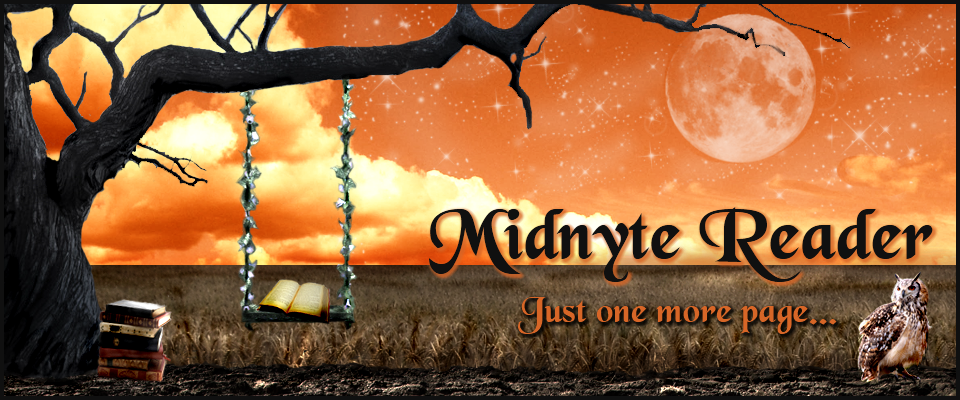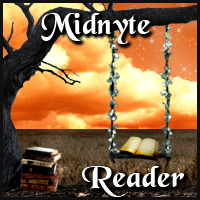RESIDUAL HAUNTINGS: Wasatch Paranormal Tom Carr, Russ Cook and Jess Rice.
I'm a skeptic. Even a cynic at times. So why do I watch ghost huntings shows? Well for one thing, they're fun. I admit that I would also love to be proven wrong. I've tiptoed through the Winchester Mystery House at night, stayed in the "most haunted room" in Kinnity Castle, Ireland and in The Stanley Hotel, Colorado and have traipsed through cemeteries with only a flashlight to guide me. I've never seen anything, heard anything or felt anything.
When the Wasatch Paranormal team presented some of their findings and I heard what was on the audio, my first thought was "Whoa." Now, I'm not saying that they convinced me in one hour, I'm always playing Devil's advocate, but it is the one piece of evidence that I've ever come across that has made me think, "Things that make you go hmmm."
Points brought up:
-Their purpose is to assist a client, living or dead.
-Jess love people and history and wants to hear a ghosts "story."
-Tom started at age 16. (Very few people were doing it.)
-Tom feels that ghost hunters do this because they are also thrill seekers.
-A ghost doesn't know they have died and has not moved on. A spirit has moved on and has come back for a visit.
-Tom said that ghost hunting is a lot like golf. It's just as expensive and just as
frustrating.
Cool quotes:
"I'm not here to prove the paranormal. It's not a science." ~Tom
"I'm dead." ~voice on recording
My favorite part: Hearing a piece of evidence that was pretty darn cool and also when Russ said that he would love to go the Shanley Hotel in NY, because that is only a few hours from me.
Visit
Wasatch Paranormal for more info!
 |
| Tom Carr. |
 |
| Jess Rice and Tom Carr. |
 |
| Russ Cook. |
ZOMBIES, VIGILANTES & ANTI-HEROES: THE AMBIGUITIES OF MONSTROUSNESS IN THE WALKING DEAD: (Kyle Bishop)
Points brought up:
-Ten years ago there wasn't a lot of zombie fiction.
-Zombie literature won three Stoker Awards this year (2012).
-Zombies bring up modern fears about war, hardship and infection.
-
The Walking Dead is a commentary on the post-apocalyptic social structure and how to
survive.
-
The Walking Dead is about humans with zombies in the background.
-Even thought it was about vampires,
I Am Legend introduced zombie "tropes."
-
The Walking Dead and tv shows and zombie literature about a zombie apocalypse can
be considered a "...narcissistic survival fantasy."
-There is a difference between a monster and being monstrous. In
The Walking Dead
the zombies are just animals (monsters), who have no choice. How do the humans
behave?
-Zombies are a more applicable allegory in our world than vampires.
-Zombie fiction explores how people deal with extreme circumstances.
-The Walking Dead shows good people doing bad things.
-Whether it's invading a country or killing someone, does it get easier each time?
Cool quotes:
"Humans can do more damage than a zombie." ~Kyle
"Whoever battles monsters, better make sure he doesn't turn into one." ~Kyle
"Once you've gone "monster" can you go back?" ~Kyle
My favorite part: Realizing the social implications in zombie fiction.
 |
| Kyle Bishop. |
WRITING GROUPS: Henry Snider, Hollie Snider, Jennifer Caress and Marie Green from The
Colorado Springs Fiction Writing Group.
Points brought up:
-People get used to each other's work. To avoid a group getting stale, bring others in.
-Remember to focus on the work, NOT the individual.
-Do other activities together. (Workshops, dinner, etc.)
-Remember your story is still yours. Be careful of changing your voice because of trying
to please others.
-Charge a fee to join and require new members to critique other people's work first
before they are allowed to submit their own. This will make people take your group
more seriously and discourage people from submitting only to get their work critiqued
and not participating further.
-If you do charge a fee, make sure people are getting more than they put in.
-Avoid having your group in people's homes. Others may be hesitant to be truthful for
fear of offending their host.
-It's important to have someone in charge to keep people on task. Also someone may
want to act as an officer to act as a mediator when needed.
-Look for and/or advertise a writing group on community boards, libraries, grocery
stores, etc.
-There are three types of writing groups and it is recommended you join all three at
some point. 1. Fluff group - those that boosts your ego. 2. Literary group - those that
that tells you what author you write like. 3. Destructive - I don't think Henry meant this
as to be as harsh as it sounds. If you're serious about being published you may want
to try this type of group. From what I understood, this kind will help you find mistakes,
be clear about continuity and other issues. In other words, they can help you make
your manuscript the best that it can be.
My favorite part: I walked away with a lot of great information.
 |
| Henry Snider |
 |
| (l-r) Hollie Snider, Jennifer Caress, Marie Green. |
CLASSIC HORROR: P.N. Elrod, Scott Allie, Joe McKinney, Eric Swedin-moderator
Points brought up:
-The Monkey's Paw should be an obligatory read if you are into classic horror.
-Authors can get a lot of mileage by NOT saying what is going on.
-How long does it take to become a classic? Sometimes you have to wait and see but
some movies are so revolutionary they change the face of movies. (ex: The Matrix.)
-It is harder to become a classic today because everything is so quick and instantly
available.
-Kids don't have a lot of time to look back. Today's culture is always staying current.
-Some classics don't age well.
-In the Victorian Era, the hero was a scholar.
-Most classic books are in the passive voice. Today books are more active.
Cool quotes: "The joy is in the discovery."
My favorite part: Being reminded that there is a rich vein to be tapped by looking into the past for scary material.
 |
| Classic Horror panelists. |





















































































